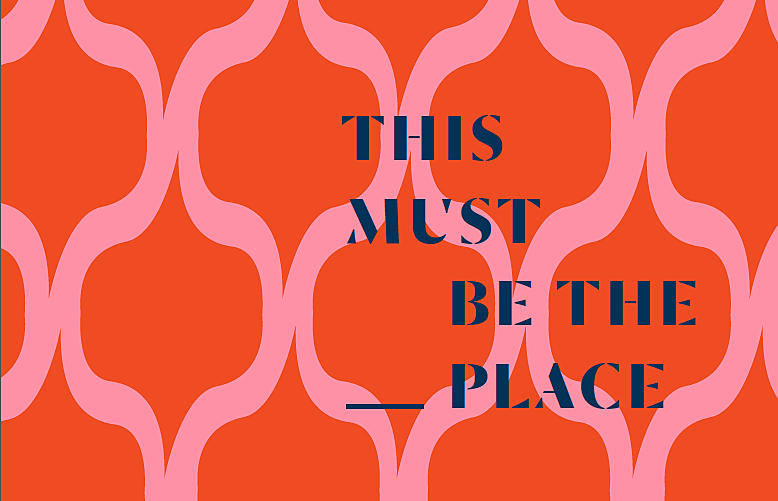Review: This Must Be The Place
This Must Be The Place has potential, but lacks complexity, writes Annaleese Jochems
Ripe, sweet and tart as a cherry, This Must Be The Place by Annabel Hawkins arrives and pops. It’s published by Makaro Press and set ‘at the border between study and first jobs and whatever comes next.’
This little red book has charm. I can’t help but compare it to Courtney Sina Meredith’s Brown Girls in Bright Red Lipstick. In both collections women observe an immediate, youthful now of night-life, love, friendship and family in urban New Zealand. It’s sweet, almost grungy and refreshingly honest, but unfortunately what This Must Be The Place lacks is complexity.
Hawkin’s said in a Radio New Zealand interview that ‘for [her] language being accessible and realistic, not patronising, was a really important thing.’ I’m almost convinced. Sometimes simplicity in poetry is wonderful and necessary, and in this sense Hawkins has considerable skill. From ‘We went to the coast’:
and all we took photos of were flowers.
Wore caps, the kind my brother wears
on the farm.
Here, nothing more is required. There’s no need to mourn the lack of literary or political implication in the lines because that space is filled with flowers, friendship, and sun.
Frequently, however, an absence of complexity or subtext leaves a reader feeling that enough hasn’t been offered. When Hawkins describes being eighteen as ‘lifetimes ago’ the compliment relatable is too easily interchanged with predictable, or even worse, cliché.
This is a book to recommend to your friends who say they just don’t like poetry. But those friends who say they don’t like poetry generally don’t read poetry. Most poets want to be the exception. There are a few of them: Bukowski, Pam Ayers, and a case has been made all over the internet for Eminem. But most poets are not those exceptions, and shouldn’t need to be.
The compliment relatable is too easily interchanged with predictable
Hawkins said in the same RNZ interview that ‘the whole poetry thing is funny to get around,’ because she didn’t conceive of the pieces as poetry while she wrote them for her blog. But when a list poem is titled ‘List Poem’ the absence of strain is as easily felt as a deficiency of tension.
Some among the young are blessed with a lack of awareness of youth. It isn’t so for Hawkins. A cognizance of time sharpens this book. Joy is made ironic by the knowledge that what’s being written of is already memory. The book is pressed with that dreaded question: now that we’re adults what do we do? But it isn’t pushed hard enough. The theme isn’t teased to a point where it’s revealed in any new way, no new aspect of it is exposed for observation.
The poem ‘When the sun comes,’ begins with the line, ‘hindsight is such a pretty thing, isn’t it?’ and ends, ‘it was the best Summer I’ve ever had.’ The poem aches with nostalgia but fails to examine its symptoms. The feelings and memories, although authentic, aren’t weighted with significance - they just are.
If you’ve lived in Wellington, drank Fat Bird, had the same friendships and gone to the same bars as Hawkins – if only you were there! – you’ll love these poems. But these superficial elements aren’t consistently transcended. She writes of sitting with friends around an old door used as a table and it feels like reading the Facebook status of a stranger. It seems the table is being described not to meet a reader’s interest but to indulge the author’s own.
There’s an enigmatic equation of effort and pay off in reading, and This Must Be The Place doesn’t quite add up.

